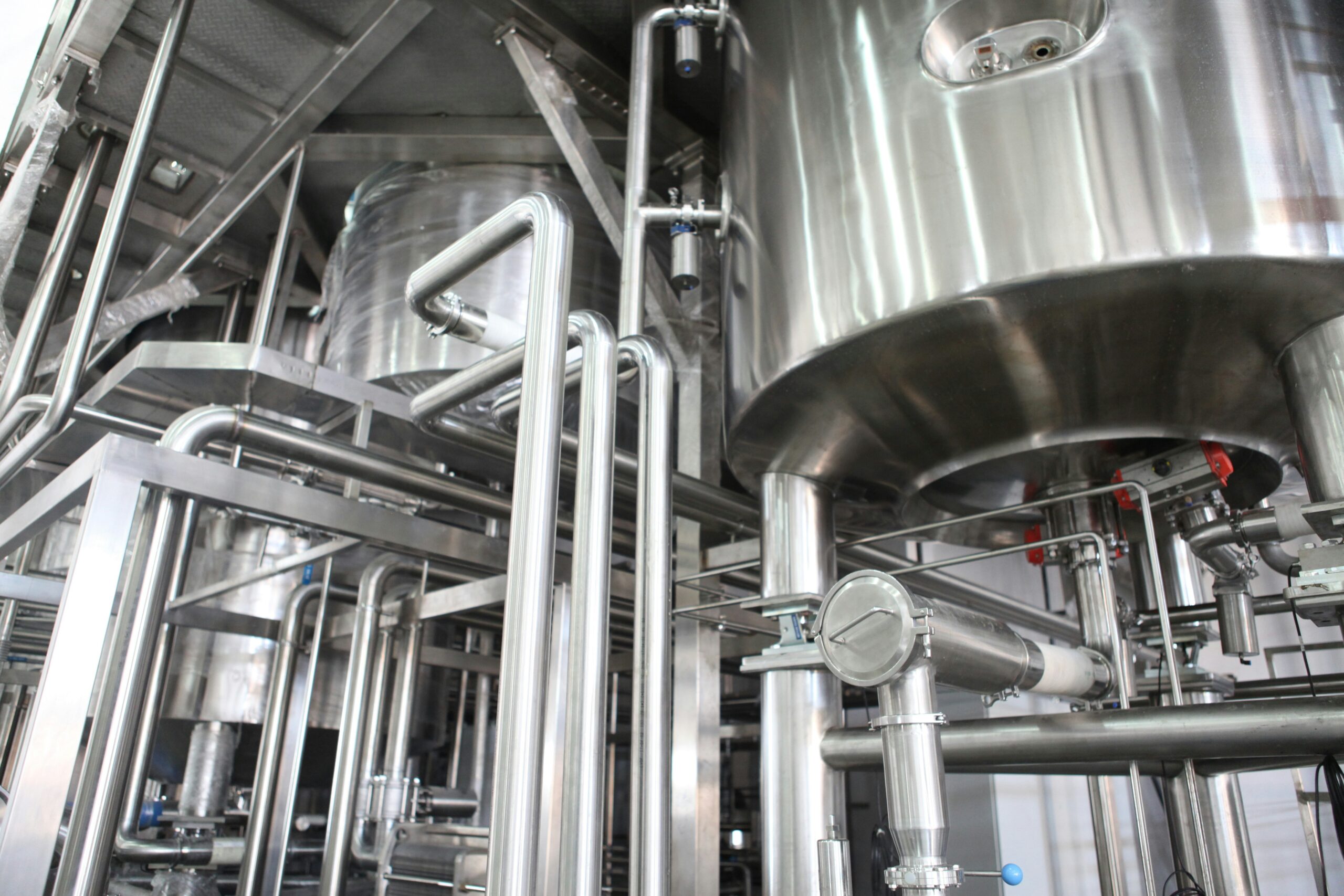Commercial factory cleaning is an indispensable aspect of maintaining a safe and efficient industrial environment. It involves the removal of dirt, debris, and contaminants from manufacturing facilities to ensure optimal production processes, worker safety, and compliance with industry regulations.
This article delves into the various cleaning methods, highlights the importance of factory cleaning, and outlines the precautions that should be taken to achieve effective and safe cleaning results.

Factory Cleaning Methods
1. Manual Cleaning
Manual cleaning involves the use of manual tools and equipment, such as brushes, mops, and sponges, along with cleaning agents to remove dirt and grime from surfaces. It is suitable for smaller areas and intricate machinery where precision is required.
Advantages:
- Cost-effective
- Allows for detailed cleaning
- Does not require specialized equipment
2. Mechanical Cleaning
Mechanical cleaning employs mechanical equipment, such as sweepers, scrubbers, and pressure washers, to clean large areas quickly and efficiently. These machines use water, detergents, and brushes to remove stubborn stains, grease, and dirt from floors, walls, and machinery.
Advantages:
- Fast and efficient
- Suitable for large areas
- Removes tough stains and debris effectively
3. Chemical Cleaning
Chemical cleaning involves the use of cleaning agents, solvents, and degreasers to dissolve and remove contaminants from surfaces. It is particularly effective for removing oil, grease, and chemical residues from machinery and equipment.
Advantages:
- Effective in removing stubborn stains and contaminants
- Versatile – suitable for various surfaces and materials
- Can be used in combination with other cleaning methods
Related Articles:
Common Myths and Facts About Commercial Cleaners
Factors That Influence Cleaning Schedule of Commercial Buildings
Most Neglected Office Areas That Need Attention While Office Cleaning
Importance of Factory Cleaning
1. Ensures Product Quality
Clean factories are essential for maintaining high product quality and consistency. Contaminated manufacturing environments can lead to product defects, contamination, and recalls, which can have severe financial and reputational implications for companies.
2. Enhances Worker Safety
A clean and organized factory reduces the risk of workplace accidents, injuries, and illnesses. Slippery floors, cluttered workspaces, and improperly maintained machinery can pose significant safety hazards to workers.
3. Improves Equipment Reliability and Longevity
Regular cleaning and maintenance of machinery and equipment can extend their lifespan, reduce downtime, and improve overall operational efficiency. Clean equipment operates more efficiently and is less prone to breakdowns and malfunctions.
4. Ensures Compliance with Regulations
Many industries are subject to strict regulations and standards governing cleanliness, hygiene, and environmental protection. Failure to comply with these regulations can result in fines, penalties, and legal consequences for companies. You can contact factory cleaning companies for professional cleaning services tailored to your factory’s needs.
5. Enhances Corporate Image and Reputation
A clean and well-maintained factory reflects positively on a company’s corporate image and reputation. It demonstrates a commitment to quality, professionalism, and environmental responsibility, which can attract customers, investors, and business partners.
Tip: If you’re seeking professional factory cleaning service in melbourne, call Cleaney Commercial Cleaning. We offer round-the-clock availability to cater to your cleaning needs at any time. With Cleaney, you can expect minimal disruption to your business operations, ensuring a seamless cleaning experience.
Our team specializes in providing customized factory cleaning solutions tailored to the unique requirements.
Contact us Today to get FREE Quotes!
Precautions for Effective and Safe Factory Cleaning
1. Use Appropriate Cleaning Methods and Equipment
Select the appropriate cleaning methods, equipment, and cleaning agents based on the type of surface, the nature of the contaminants, and the cleaning requirements. Ensure that all equipment is properly maintained and operated by trained personnel to prevent damage and accidents.
2. Handle Chemicals Safely
When using chemical cleaning agents, solvents, and degreasers, always follow the manufacturer’s instructions for proper handling, dilution, and storage. Use appropriate personal protective equipment (PPE), such as gloves, goggles, and masks, to protect against chemical exposure and inhalation.
3. Minimize Disruption to Production
Schedule cleaning activities during periods of low production or downtime to minimize disruption to manufacturing processes and operations. Implement efficient cleaning practices, such as zone cleaning and preventive maintenance, to keep the factory clean and organized without affecting production efficiency.
4. Implement Good Housekeeping Practices
Promote good housekeeping practices among employees to maintain cleanliness, orderliness, and safety in the workplace. Encourage regular cleaning, waste disposal, and organization of workspaces, tools, and equipment to prevent clutter, hazards, and accidents.
5. Monitor and Evaluate Cleaning Performance
Regularly monitor and evaluate the effectiveness of factory cleaning activities to ensure compliance with cleaning standards, regulations, and objectives. Implement corrective actions and continuous improvement initiatives to address deficiencies, optimize cleaning processes, and enhance cleaning performance over time.
Factory cleaning is a critical aspect of maintaining a safe, efficient, and compliant manufacturing environment.
Effective and safe factory cleaning not only enhances operational efficiency but also contributes to a positive corporate image and reputation, ultimately driving business success and sustainability.
 1300 707 371
1300 707 371



